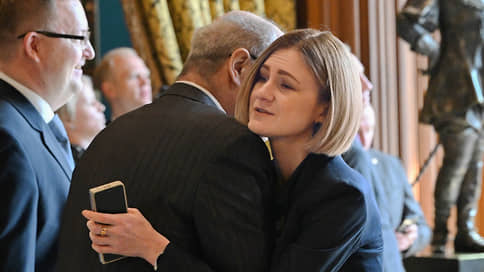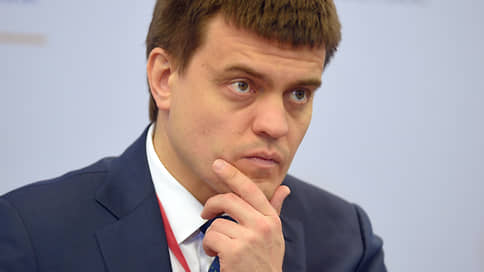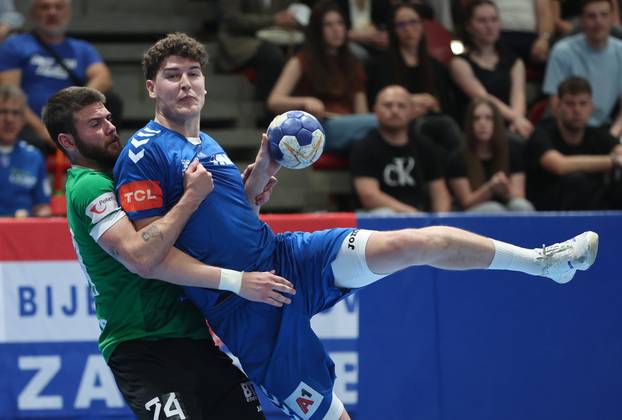The State Duma is discussing the regulation of neural networks

In the State Duma, a discussion continues on the legislative regulation of artificial intelligence (AI). Its next stage was the round table on May 15 on the topic “The neural network goes to work. Calls and prospects. Ally, assistant or competitor? ” Its participants shared their own experience in using neural networks, which turned out to be predominantly positive.
Active discussion of AI problems began in the Duma from the March round table organized by the New People faction. Its participants came to the conclusion that the legislative regulation in this area is inevitable, and if parliamentarians miss the initiative, security officials will deal with this issue. In April, an inter-fractional working group on the development of laws on the application of AI led by Vice-Spiker Alexander Babakov (“Fair Russia-for Truth”) was created in April, which intends to work on the legislative support of “national oriented” AI.
In May, the United Russia connected to this process: on May 15, the Duma Committee on International Affairs and the Commission on Combating Foreign Interview in the Russian Federation, Maria Butina, became a moderator of the round table. First of all, she spoke about the project “Mir 2035: AI and the Future of Russia”, which was “initiated to launch systemic work to comprehend and formation of the technological strategy of Russia in the AI era”. Among the goals of the project are the development of proposals for the development of the legislative framework, the formation of an expert community around the topic of technological sovereignty, etc. It is already planned to hold a series of round tables and forums for the period until September 2026. “We propose a certain strategy for developing the State Duma of AI issues in the future,” Mrs. Butina explained, adding that with the proper use of AI he is a plus for a person, but a question in regulating and exporting technologies.
In general, the participants of the round table were tuned to neural networks rather benevolently and little mentioned the threats related to them. Unless the official representative of the Foreign Ministry Maria Zakharova reminded of diphs as “one of the largest in the scale of the challenges,” while noting that Russia is on the advanced struggle with this evil. Mrs. Zakharova also expressed the opinion that the development of universal rules in the field of AI must be engaged in the UN site and it is impossible to allow this to become the prerogative of some group of countries. “This will create a danger of returning to colonialism, only at a new technological level,” the diplomat warned.
Then, representatives of different industries shared their experience with neural networks. For example, the director of the Institute of Personalized Cardiology, Philip Kopylov, said that in 2025, studies appeared on how the algorithms defeat a person in its pure form. The director of the Corporate Security Research Center, Anna Kulik, complained that in the field of behavioral psychology the neural network has not yet reached the norm: they cannot read the emotions of a person or determine his psychological portrait by photography. “Many systems of smart cameras that are aimed at recognizing emotions are fixed on movement, but not entirely correct in their interpretation. The shifted eyebrows are not equal to anger, the raised eyebrows are not equal to surprise, ”she brought understandable examples. And the general director of Irkutsk Strawberry LLC Ekaterina Glukhova praised that a strawberry was grown in Siberia in Siberia with the help of neural networks. True, as it turned out, in many respects forced: there are not enough personnel in the region, and the problem had to be solved by creating a Chat Bot “II-Agron”.
The search for approaches to the topic of AI by the authorities is still contradictory, political scientist Konstantin Kalachev believes: “I want to acquire capital and innocence, and continue the line for hard regulation, and do not lag behind others, maintaining competitiveness.” However, Russian lawmakers have no need to “invent a bicycle”, the expert is sure, because regulation samples have already been developed in China. There, among other things, it is impossible to use algorithms to undermine state fruits and overthrow the Communist Party, and to teach models it is necessary to use “legal data” and disclose them to the regulatory authorities if necessary. “Something like this will be with us, Chinese experience will probably be taken as a basis or at least take into account,” Mr. Kalachev predicts.
The main problem of this activity of the authorities is the response to problems that have not yet arisen, the head of the St. Petersburg Politics Foundation Mikhail Vinogradov argues: “Humanity is experimenting with neural networks, and until the critical problems that they create have been revealed. Therefore, it is not very clear what to regulate. Not accumulated meaningful Big dates of experience using. There are no special pains associated with the theme of neural networks in the current agenda. ” As a result of this, in the actions of the same State Duma, attempts to “join the resonant topic, and not meaningful activity,” which, however, “does not insure from the adoption of any unnecessary law,” summarizes the political scientist.








